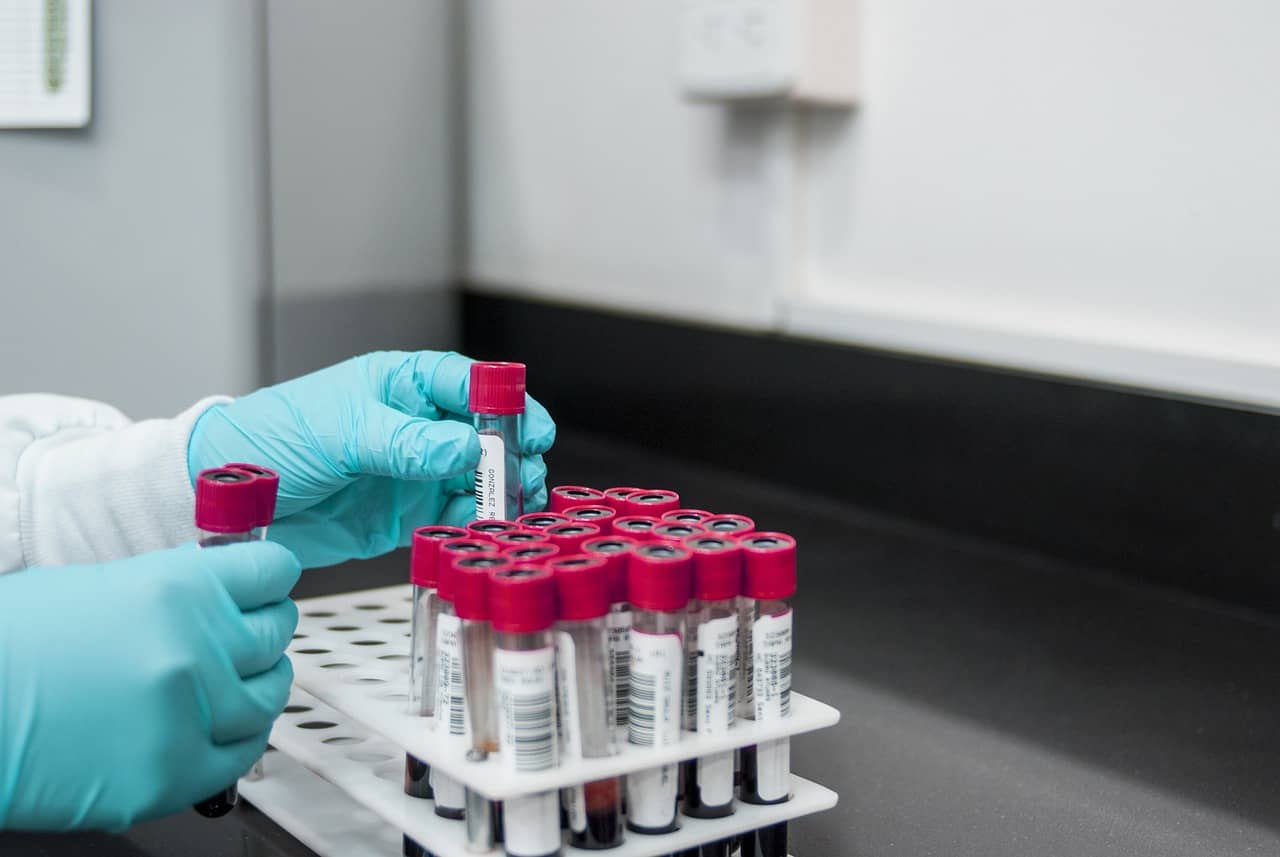Estimated reading time (in minutes)

Legal genetic tests! In France, genetic tests are highly regulated and mainly concern the search for paternity.
NO, in a private setting
In France, it is not possible to have a DNA test carried out on your own initiative. The cases of recourse are strictly enumerated by the law and the laboratory which would carry out such a test outside these cases would be committing an offence. This is not the case in other European countries. Thus, in Spain, it is quite possible to have a DNA test carried out, for example to verify filiation: on simple request, a laboratory sends a sampling kit to anyone who wishes it and they then get a very simple answer. . In France, carrying out a DNA test on one’s own initiative is completely prohibited.
YES, if justice requires it
In civil matters, the DNA test can only be ordered by a magistrate, and only for actions relating to filiation (search for paternity or contestation of paternity).
In criminal matters, the DNA test is provided for offenses such as misdemeanors and sexual crimes, but also for acts such as theft and fraud.
In criminal matters, the DNA test can be ordered against people convicted of these crimes and misdemeanors, but also for people simply suspected of having committed them. This test can therefore be used in the context of an investigation.
Genetic testing has become a powerful tool in modern medicine, providing valuable information about an individual’s health and potential genetic risks. However, it also raises important legal and ethical concerns. The legality of genetic testing varies from country to country, with some countries having specific regulations to protect individual privacy and prevent genetic discrimination.
Informed consent is an essential aspect of genetic testing. Individuals should be fully aware of the implications of the test results and how the data will be used. Additionally, laws often restrict the sharing of genetic information with third parties without explicit permission.
While genetic testing offers many benefits, its responsible and ethical implementation is essential to ensure the rights and well-being of individuals. Regular updates of laws and regulations are necessary to keep up with the rapidly changing field of genetics and maintain a balance between progress and protection.
